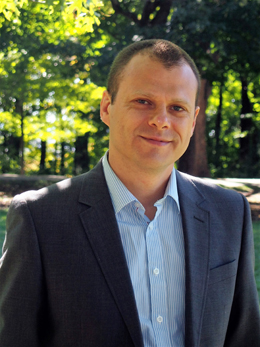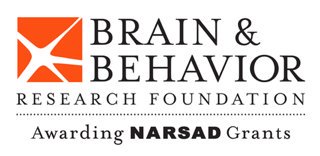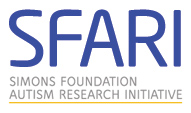Biosketch
 I received my DVM at the Koret School of Veterinary Medicine of the Hebrew University of Jerusalem in Israel. I then did my PhD training under the supervision of Dr. Micha Spira at the Hebrew University of Jerusalem, where I investigated mechanisms underlying synaptic plasticity using electrophysiology, live confocal imaging, and cell biology approaches. This work resulted in the discovery of a hitherto unknown factor essential for short-term synaptic plasticity. (Khoutorsky and Spira, Learning and Memory, 2005; Khoutorsky and Spira, Journal of Neurophysiology, 2008; Khoutorsky and Spira, Learning and Memory, 2009).
I received my DVM at the Koret School of Veterinary Medicine of the Hebrew University of Jerusalem in Israel. I then did my PhD training under the supervision of Dr. Micha Spira at the Hebrew University of Jerusalem, where I investigated mechanisms underlying synaptic plasticity using electrophysiology, live confocal imaging, and cell biology approaches. This work resulted in the discovery of a hitherto unknown factor essential for short-term synaptic plasticity. (Khoutorsky and Spira, Learning and Memory, 2005; Khoutorsky and Spira, Journal of Neurophysiology, 2008; Khoutorsky and Spira, Learning and Memory, 2009).
To expand my knowledge expertise in synaptic plasticity, and given its important clinical significance, I shifted my focus on long-term synaptic and neuronal plasticity. The transition from short- to long-term plasticity involves an activation of the powerful translational machinery leading to the synthesis of new proteins required for the formation of new synapses and the reorganization of neuronal circuits. Dysregulation of translation is associated with several brain disorders and chronic pain. In 2009, I joined the laboratory of Dr. Nahum Sonenberg, a renowned leader in the field of translation mechanisms, for my postdoctoral training. During my time in Dr. Sonenberg’s lab, I initiated a project aiming to elucidate the role of translational control in sensitization of the pain pathway. My main focuses were on the translation upregulation in different pain conditions and on the development pharmacological and genetic tools for their treatment.
In Sonenberg lab, I led a collaborative study involving behavioural, electrophysiological, biochemical, and genetic approaches, taking advantage of Dr. Sonenberg’s expertise in translational control and Dr. Mogil’s in pain, to study the role of translation control mechanisms in pain. My work has led to major advances in our understanding of how mRNA translation contributes to the development of pain, which has in turn led to a co-first author publication in Pain (Melemedjian, Khoutorsky et al., 2013), eLife (Khoutorsky et al., 2015) and PNAS (Khoutorsky et al., 2016).
I also discovered new translational control mechanisms involved in synaptic plasticity, learning and memory (Neuron, Khoutorsky et al., 2013), and investigated novel approaches to target aberrant translation in Fragile X Syndrome (Gkogkas, Khoutorsky et al., co-first, Cell Reports, 2013) and autism (Gkogkas, Khoutorsky et al., Nature, 2013).
In 2016, I joined the Alan Edwards Centre for Research on Pain at McGill to pursue my independent research focusing on the molecular and cellular mechanisms underlying chronic pain and other pathologies of the nervous system.






